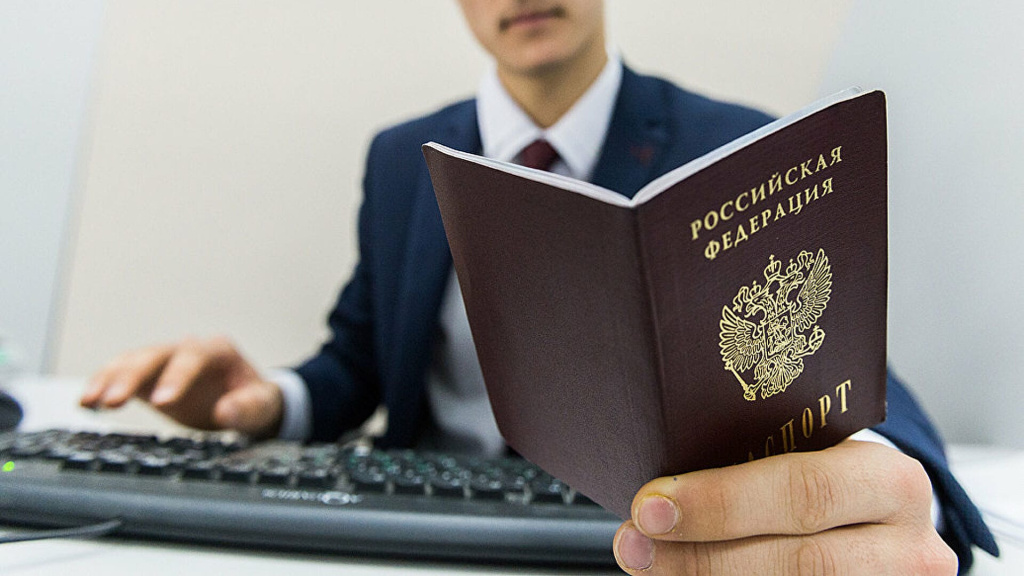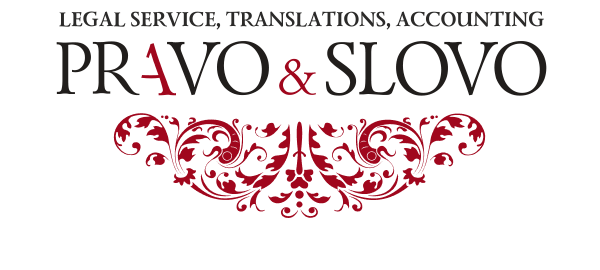Expedited Consular Document Certification
Expedited consular document certification is a multi-stage, tedious procedure. It's tedious because documents have to be passed through several agencies. We divide this process up into two stages:
Preparation for consular certification:
- we produce a notarial copy from the original document;
- we perform a translation into the necessary language (depending on the country it’s going to be used in);
- we have the authenticity of the translator's signature notarized.
Certification:
- we certify the document in the Ministry of Justice;
- we certify the document at the Ministry of Foreign Affairs;
- we certify the document at the Consulate of the country of interest.
Expedited consular certification of foreign documents
Most of the documents for which we have urgent consular certification done are Russian documents that need certification for other countries. We also help certify documents in other countries for Russia as well as for third countries. The expedited consular certification procedure for foreign official documents is more or less the same everywhere: notarization, translation, certification of the translation, getting approval at various government agencies, and certification by the consulate of the country of interest.
Expedited consular certification or an apostille: which is better?
This is a question we get asked a lot by customers that have never encountered the necessity to prepare documents for use abroad before. The answer to that question depends on the country whose institution you will be submitting your documents to. Until 1961, all documents intended for use in another country had to undergo full consular certification procedure. In light of the inconvenience and non-universality of the process, the decision was made to simplify it. Many countries have signed the Hague Convention of October 5, 1961, which annulled the requirement for consular certification of foreign official documents. All you need now to certify a document is to receive a special stamp. That stamp, which has gained the name “apostille”, has replaced the consular certification procedure.
In order to understand what path works better for you, an apostille or consular certification, you need to look at the list of countries that are party to the Hague Convention. If the country that issued the document and the country you plan to use it in are included on the list, the form of document certification that suits you will be the apostille. If neither country is on the list or at least one of them is not on it, you will have to go the consular certification route.
Expedited consular certification of documents issued in the Russian Federation
We have two methods of formalizing documents via the Ministry of Justice and the Ministry of Internal Affairs:
- ordinary wait time (takes 12 business days);
- expedited wait time (takes 7 business days).
Expedited consular certification for China
China has not signed the Hague Convention, so certification for that country would require full consular certification. That does not include document use in Hong Kong and Macao (apostilles can be obtained for those special administrative districts).
We have three options for expedited consular certification for China:
- standard wait time (takes 17 business days);
- expedited wait time (takes 12 business days);
- express wait time (takes 8 business days).
In addition to the original documents necessary for certification, Xerox copies of the passports (two-page spread with the passport photo) of the filers and the filled out form will be required (we provide a sample form).
Expedited consular diploma certification
Consular diploma certification in most countries does not differ from the consular certification of other documents. But there exist several countries for which certification takes place in a non-typical fashion. We’ll provide several examples.
Consular certification of diplomas for the UAE
Under consular certification of diplomas for the UAE, an apostille will need to be stamped on the original diploma and attachments or an archive statement can be obtained from the educational institution instead. The archive statement must confirm that the student completed education at the institution and that a diploma was indeed issued to them there. The Consulate of the UAE thus insures itself again certification of fake education documents.
Read here for more on consular certification for the UAE.
Consular diploma certification for Saudi Arabia
An archive statement from the educational institution will be required along with an original and a copy of an employment agreement certified in the Chamber of Industry and Commerce of Saudi Arabia. Furthermore, the diploma must be certified at the Cultural Attache of the Kingdom of Saudi Arabia in Turkey.
Read here for more on that.
Consular diploma certification for Canada
Canada is not included among the list of countries that have signed the Hague Convention. Nevertheless, in the process of education document certification, Canadian institutions request having an apostille on the original documents. No consular certification has to be done. We have prepared documents for Canada many times and we know that the Canadian authorities accept them in that form. Nevertheless, clarify the requirements for formalizing your documents with your host in Canada.
Expedited consular translation certification
We often get requests for expedited consular translation certification from our customers. The translation itself is not certified. But we completely understand people who are encountering document certification for the first time. Many people think that a translation itself constitutes certification of the document.
Of course, it's the document that is to be certified, or rather – a notarial copy of it (except if the document was originally formalized by a notary). Translation and certification of the translation are each processes within the certification. For that reason, it would be correct to say expedited consular document certification.



